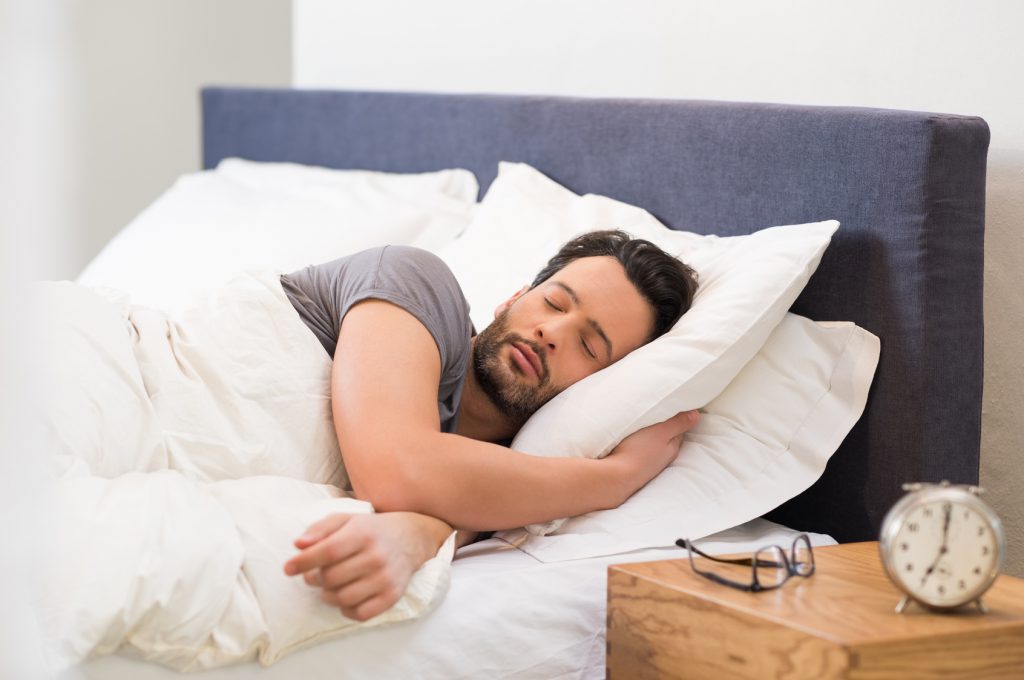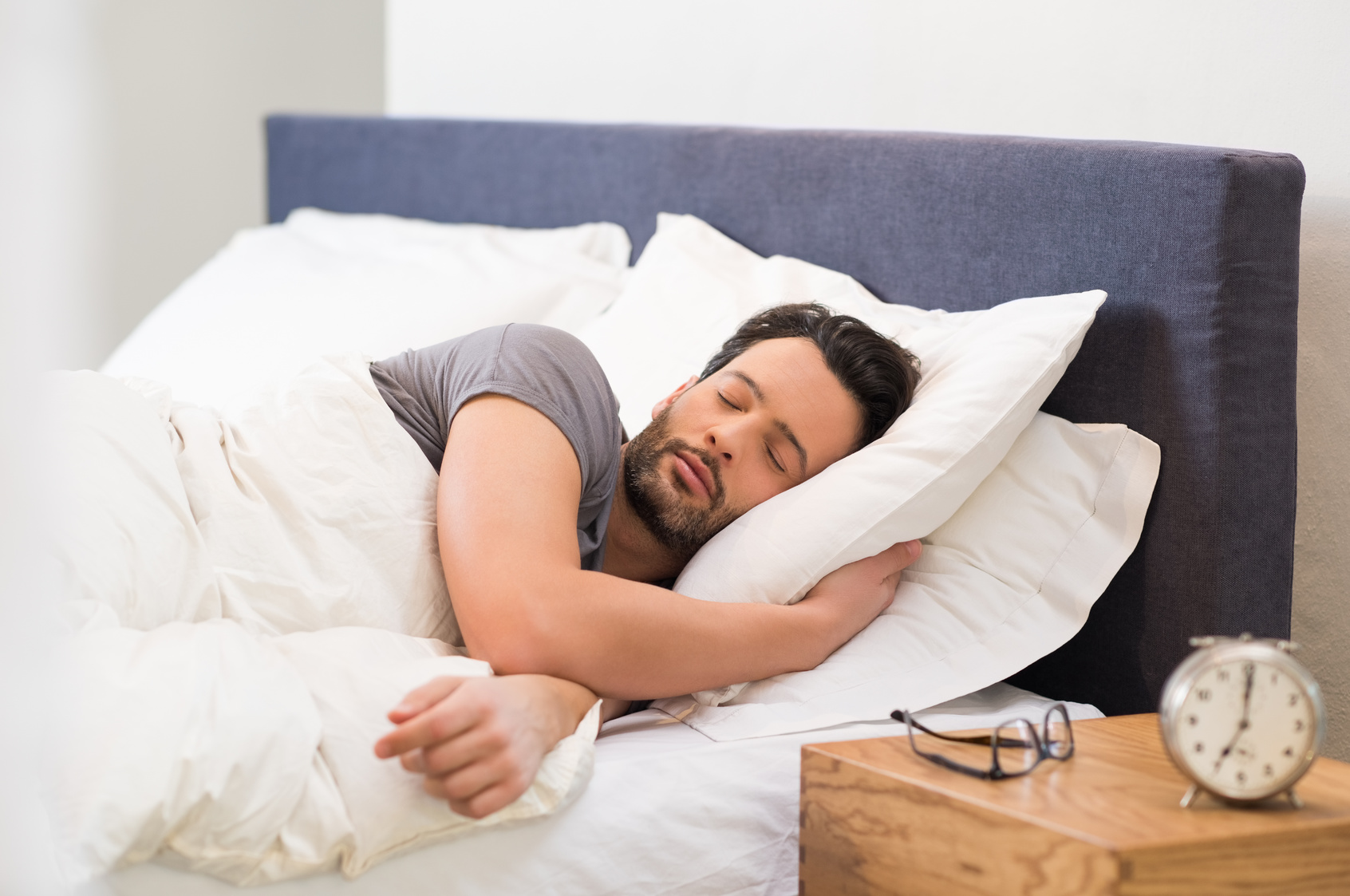If you’re familiar with the term circadian rhythm, you know that it refers to the internal mechanism that tells your body things like when you feel sleepy and when to wake up. At Good Night Sleep Site, one of the things we help new parents understand, is how baby’s circadian rhythms influence their sleep patterns.
In early October, three circadian rhythms scientists were awarded the 2017 Nobel Prize in Physiology or Medicine for their contributions to discoveries related to biological clocks and circadian rhythms. The latest circadian rhythm research brings the importance of our human internal, biological clocks to the forefront and offers many significant reasons why you should take a closer look at how it influences your health and wellness.
Sign Up For Our Newsletter

What Does This Really Mean For You?
It’s okay to wonder what this all really means and if anyone beside a sleep geek like me needs to care about these new discoveries. But the fact that we now know that each cell in each organ and tissue in our body has its own biological rhythm can actually lead to things like improved regulation of hormones and even improved organ function.
Because the circadian body clock regulates critical functions from behavior, to body temperature and metabolism, there are indications that chronic misalignment between your lifestyle and your circadian rhythm can cause an increased risk for various diseases. In other words, by better understanding and listening to your circadian clock, you have the opportunity to make your body stronger and healthier.
Let’s take a look at some specifics.
Three Key Insights From The Latest Circadian Rhythm Research
Chronotype
Being a late sleeper or early riser can be influenced by genetics. Please don’t take this to mean that there is nothing you can do to encourage good sleep habits in yourself and your children! Regardless of your body clock, proper sleep hygiene is very important. But, our circadian rhythms do respond and adapt to cues like sunrise and sunset, and specific responses to those cues varies for each person – this is your chronotype.
A person with an early chronotype might begin their waking processes as soon as light hits them in the morning, or even before. But others, with a later chronotype may not start to wake for another hour, despite being faced with the same morning sun. Maintaining circadian health is a driver for all health so pay attention to your cues – it may be best to shelf that early morning run and move it to later in the day if you find yourself unable to get out of bed at an early hour.
Stabilizing Circadian Rhythms Can Help Treat Anxiety and Depression
Based on the newest research in this area, there are multiple studies underway that use chronotherapy to reset or stabilize a person’s circadian rhythm with the hopes of improving anxiety and depression. One study in particular, is looking to help expectant and new mothers who are at greater risk for perinatal depression due to circadian rhythm disruption.
The study seeks to determine whether circadian rhythm intervention can be implemented to improve outcomes for patients with perinatal depression. Treatment options would consist of bright light therapy, sleep phase advance, and sleep stabilization relating to circadian rhythms, sleep-wake behavior, social rhythms, and waking habits.
Using Circadian Rhythms To Treat Disease
Currently, research is also being done to understand the benefits of using a person’s circadian rhythms to mitigate the side effects and toxic damaged that occur when a cancer patient receives chemotherapy. By doing so, there have been improvements in cancer treatment outcomes and as well as efficacy when medicine has been delivered according to the timing of biological circadian rhythms of a patient.
Where Do We Go From Here?
The fact that circadian rhythm research has won a Nobel Prize has placed a limelight on this important and rich field. Hopefully, as the research continues, we will learn even more about circadian biology and the implications that it can have for our health and wellbeing.
If you are interested in learning more about adult sleep, you can visit our website for plenty of resources related to improving your sleep habits.
 Alanna McGinn is a Certified Sleep Consultant and Founder of Good Night Sleep Site – a Global Pediatric and Family Sleep Team. She provides free child and family sleep support through Facebook, Twitter, and Instagram. She invites you to join her sleep community as she works towards Good Night Sleep Site’s mission of a healthier rested family unit. For more sleep tips, subscribe to our newsletter and visit Good Night Sleep Site.
Alanna McGinn is a Certified Sleep Consultant and Founder of Good Night Sleep Site – a Global Pediatric and Family Sleep Team. She provides free child and family sleep support through Facebook, Twitter, and Instagram. She invites you to join her sleep community as she works towards Good Night Sleep Site’s mission of a healthier rested family unit. For more sleep tips, subscribe to our newsletter and visit Good Night Sleep Site.










